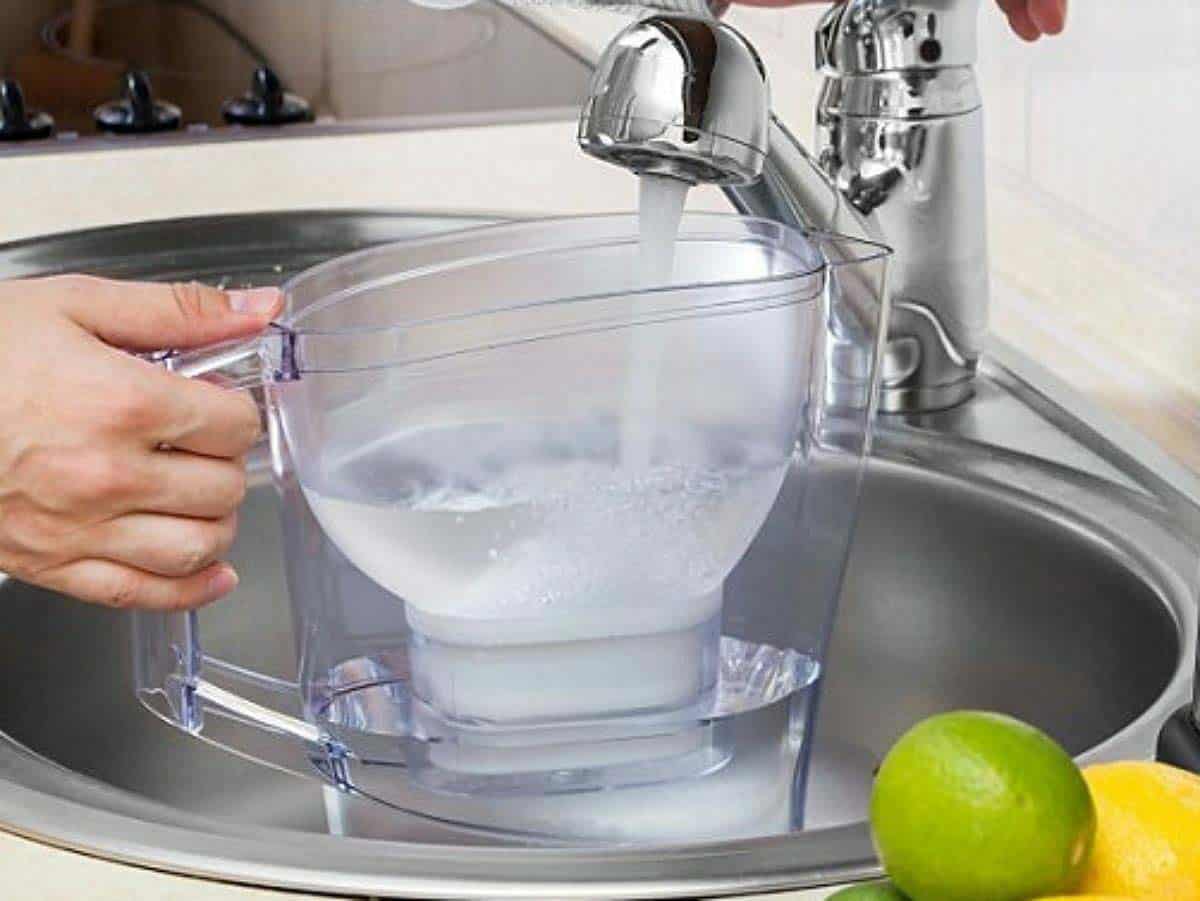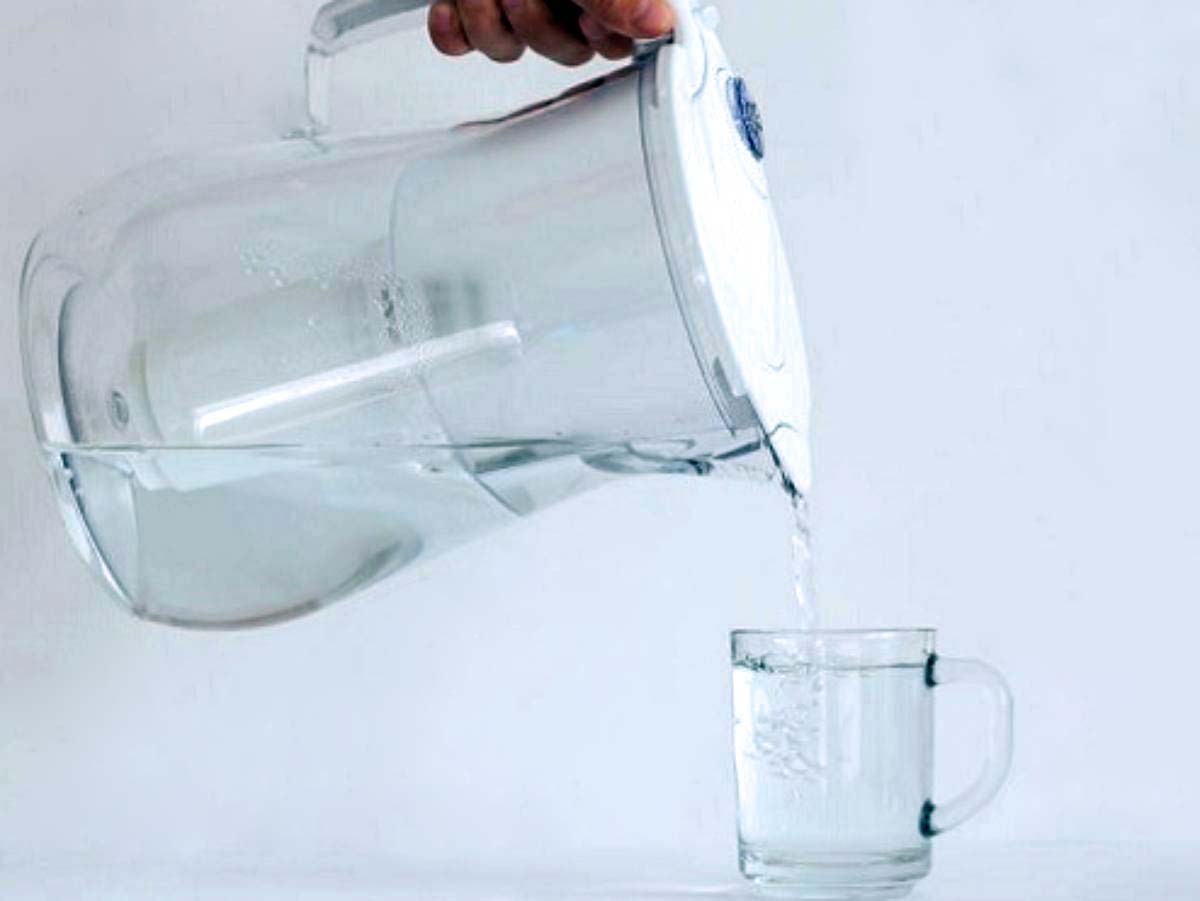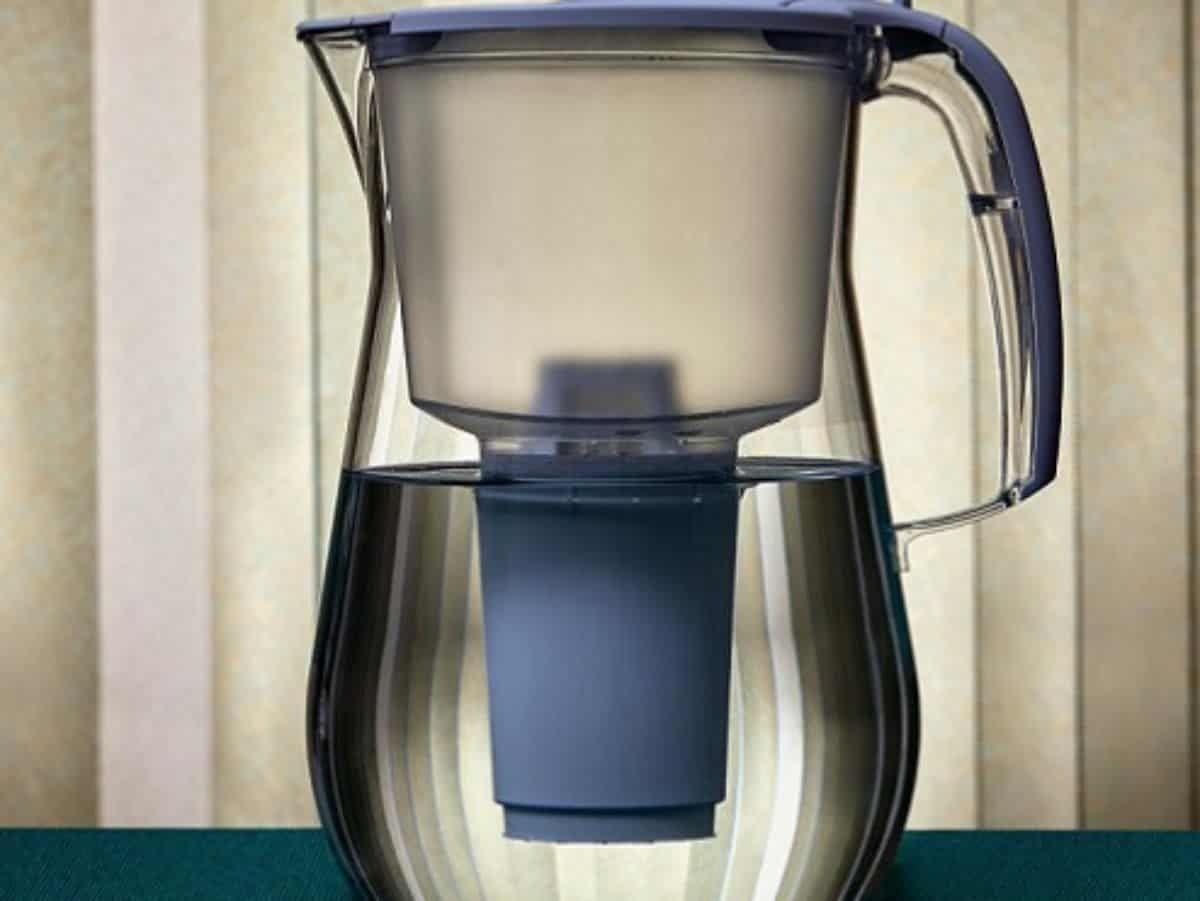Chances are, if you’ve ever been interested in filtered water, you’ve come across the name Brita. Brita is a highly popular choice for water filters, using products such as water pitchers, faucet attachments and individual bottles. With the popularity of Brita, it is important for users to know their facts, starting with, do Brita filters work? Not really. In short, a Brita reduces the contaminants of chlorine, copper and lead, but it does not remove them. Therefore, they’re still in your glass of water.
Get your free water test done when you contact ONIT Home online or by giving us a call at 1-833-433-0331.
Class Action Lawsuit Against Brita for Misleading Customers
On August 16, 2023, a class action lawsuit was filed against Brita for misleading their customers. Brita had claimed that their filters were strong enough to filter out PFAS (aka Forever Chemicals) and other harsh and hazardous contaminants from tap water. The proposed lawsuit claims that Brita “falsely, misleadingly and deceptively marketing, (their products) sought to take advantage of customers’ need for safe and clean drinking water.”
Brita claims their filters reduce (not remove) high risk contaminants such as mercurcy, lead, chlorine, copper, benzene and more, however the lawsuit points out that they mislead their customer base by omitting the highest risk and known contaminants such as PFAS, nitrate, arsenic and more.
PFAS have been linked to a number of illnesses and is estimated to be present in nearly 45% of the nations tap water. Learn more about how you can effectively remove forever chemicals with a water filtration system from ONIT Home!
What Kind of Filter is a Brita?
The Brita uses a coconut-based activated carbon filter. The water bottle, water pitchers and faucet attachments all use different variables of an activated carbon filter to substantiate the flow of water coming through. However, all their filters are similar in results. To put activated carbon filters simply, the water flows through the activated carbon material, and the sediment inside clings to any particle over a certain size. In terms of efficiency, activated carbon filters are a first-level water filter. There are three filter levels in total, one being the lowest, and the ranking of a filter is determined by what it can remove.
Remove vs. Reduce
An important thing to know with Brita is what the filter removes and what the filter reduces. Their website provides a chart, but doesn’t specifically say what chemical is reduced and what is removed. Generally, the Brita does a better job with reducing certain toxins but doesn’t do a great job with removing them from your water. It’s important to know just what is being removed and what is reduced in order to see if the Brita can work for your water filter expectations.
What Do Brita Filters Work to Remove?
What is interesting about the Brita water filter is that it claims to be removing or reducing multiple contaminants. However, their website does not explicitly show what contaminants are removed; only saying that the filter removes the taste and odor of chlorine, but not chlorine itself.
Do you know what’s in your water? ONIT Home is here to test your water for free so you know exactly what type of filtration system you need.
What Do Brita Filters Work to Reduce?
The list of contaminants that the Brita reduces depends on the Brita filter that you’re using. We’ll review some of their most popular filter options:
- Pitcher and Dispenser Filters
- Bottle Filters
- Faucet Filters
Pitcher and Dispenser Filters
For the pitcher and dispenser products, there is the “longlast” filter and the “standard” filter.
- The “longlast” reduces lead, mercury, benzene, asbestos, particulates (class I), and additional, unnamed contaminants.
- The standard filter reduces mercury, cadmium, copper and zinc.
Stream Pitcher Filters
The stream pitcher filters reduce particulates (class VI) and 1, 2, 4 trichlorobenzene.
Bottle Filters
The bottle filters reduce particulates (class VI) only.
Faucet Filters
The faucet filters reduce lead, benzene, asbestos, particulates (class I), 1, 2, 4- trichlorobenzene, TTHMs, giardia, atrazine, lindane, trichloroethylene (TCE), and unnamed additional contaminants.

What This Means
This essentially means that the best routes are through the Brita pitcher or dispenser with a “lastlong” filter, or with the faucet filters. These filters work best due to what they can reduce. It is important to note, that again, these filters are not removing those contaminants, only reducing the amount that is in your water.
Brita’s filters mostly work to make your water taste cleaner, but isn’t the best water filter out there. In order to fully protect your tap water, you need a filter that can remove viruses and bacteria, and unfortunately, Brita just doesn’t hit the best qualifications.
How Long Do Brita’s Work?
While your bottle or pitcher may last years, your filter will need to be replaced in order for you to continue to enjoy the Brita benefits. Here are the common life expectancies for each Brita filter.
Pitcher and Dispenser Filters
- Standard (white) filter: Every 40 gallons (about two months)
- Longlast (blue) filter: Every 120 gallons (about six months)
- Stream (gray) filter: Every 40 gallons (about two months)
Water Bottle
- Every 40 gallons (about two months)
Brita Faucet Filtration System
- OPFF-100: Every 94 gallons (about four months)
- SAFF-100: Every 100 gallons (about four months)
- FF-100: Every 100 gallons (about four months)
While some Brita products have an indicator light for when the filter needs to be replaced, not all do. In case your product does not, make sure to put a reminder in your calendar. Filters grow bacteria if they are left in for too long. You will have unfiltered water, and potentially bacteria contaminants as well. Stay on top of changing your filter to ensure best results.
Make the most of your home by finding out the different services ONIT Home has to offer! From water, home security, concierge services, we’re ONIT!
The Takeaway
To go back to the original question, do Brita’s work, the answer is… not really. Following the data that was provided by their own website, while there is removal and reductions, it just isn’t the best filter on the market. However, through the removal of chlorine, your water will at least taste better than the water straight from the tap.
If you’d like to learn more about what is in your water, contact ONIT Home today for a free water test. From there, we can set you up with the best water filtration system for your home and for your family’s health. These systems work to eliminate 97% of contaminants, providing more protection than a water filter pitcher.





